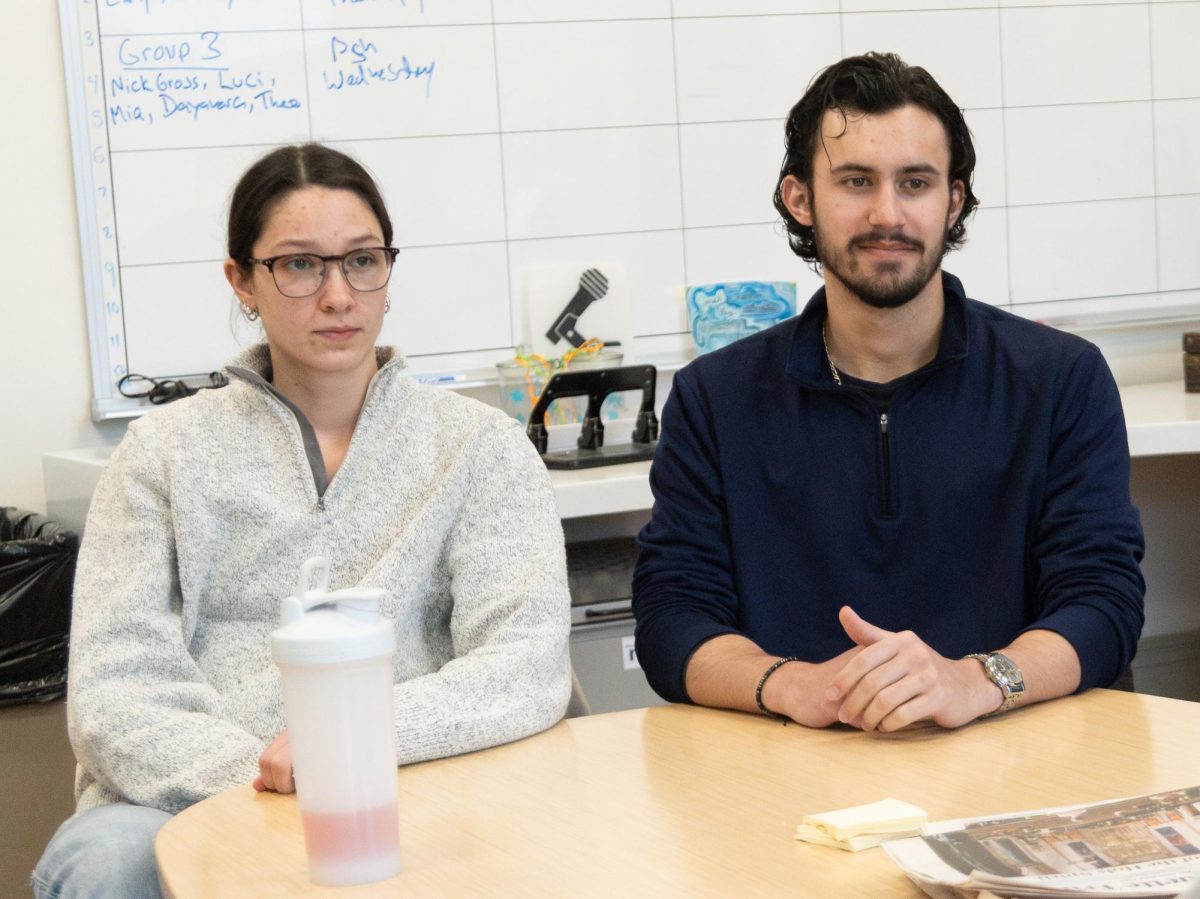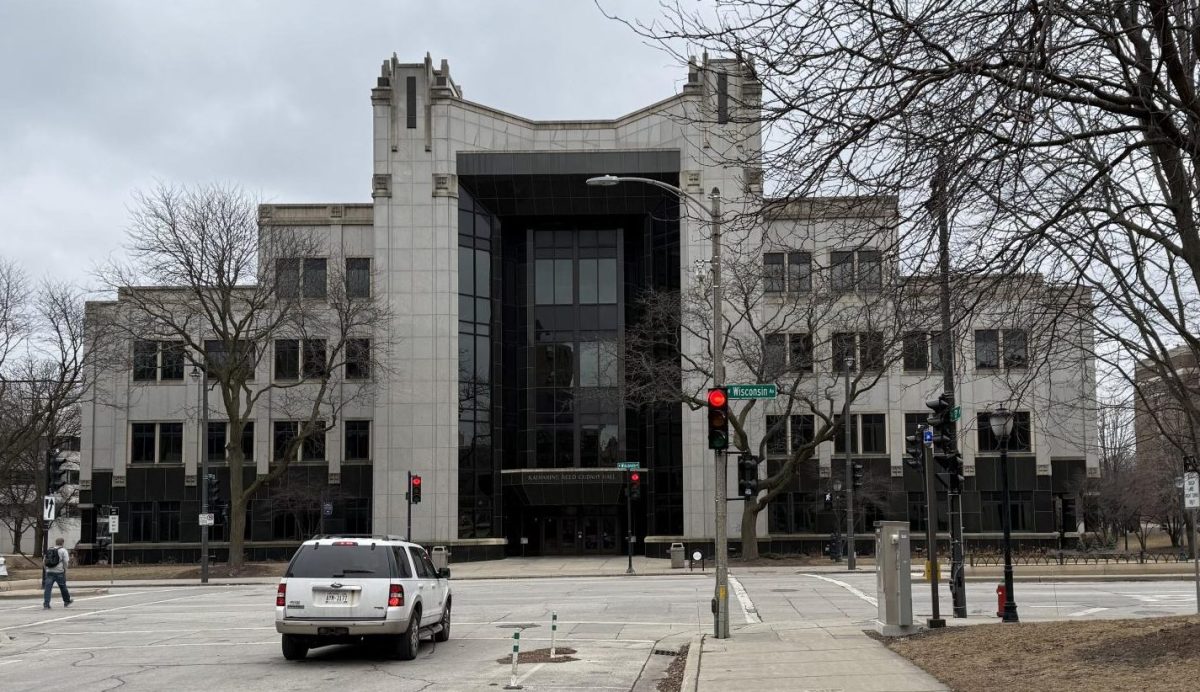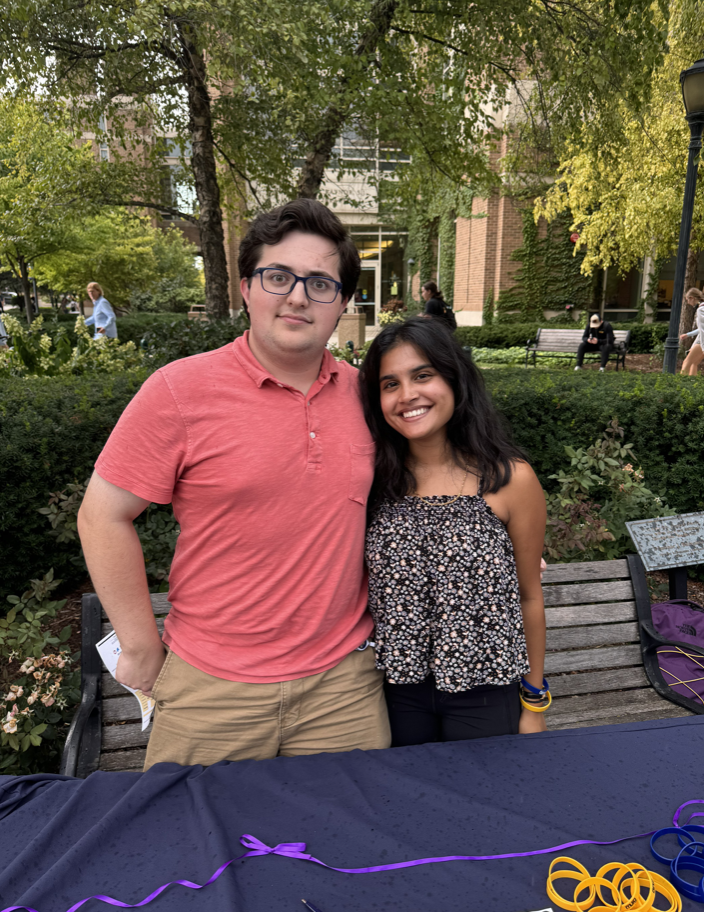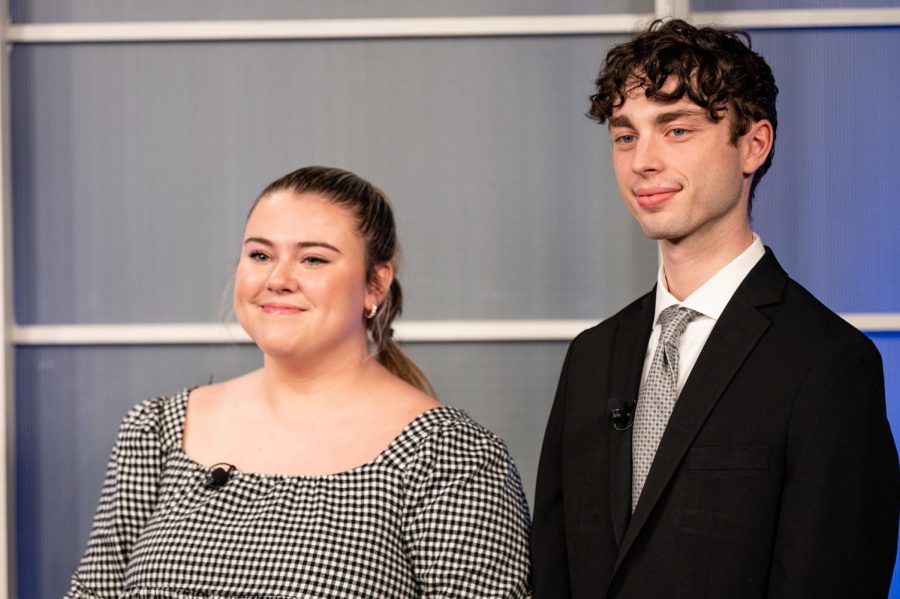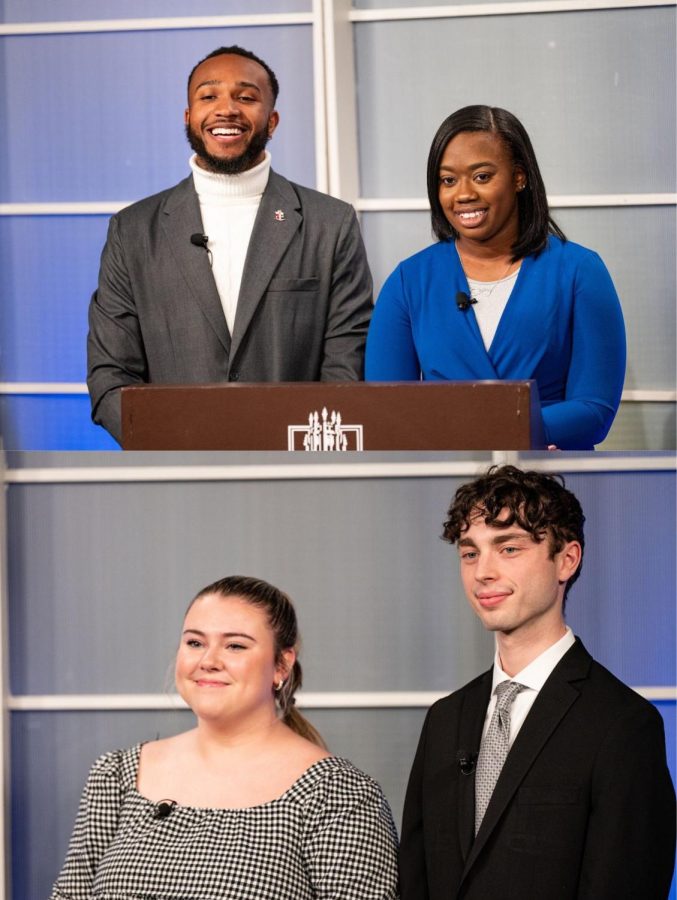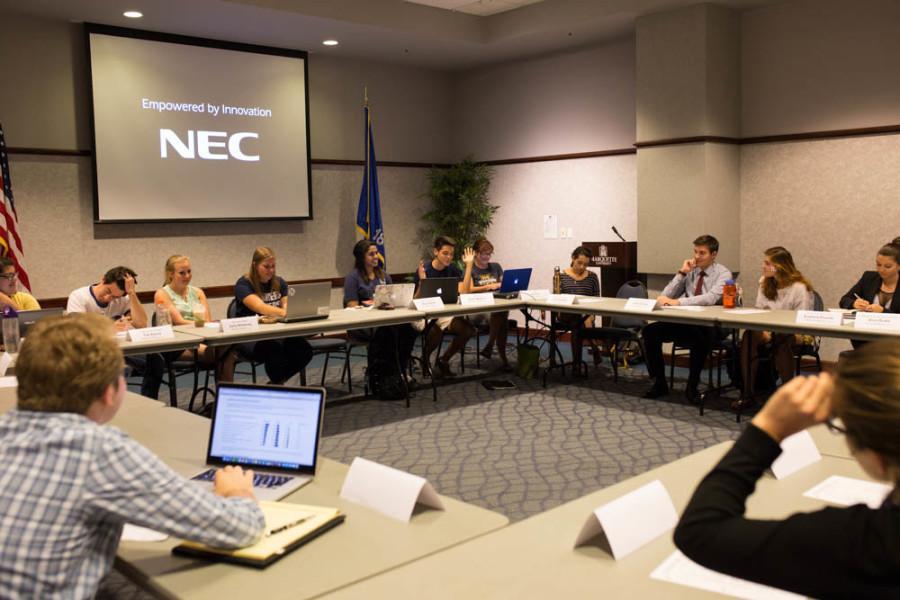
Marquette Student Government President Sam Schultz vetoed an amendment Tuesday that would limit the growth of student government’s reserve fund by placing a cap at 50 percent of MUSG’s total operating budget. The Senate passed the amendment unanimously, making Schultz the only official opponent within student government.
Schultz told the Tribune that while he does not believe the Senate drafted a bad amendment, he vetoed the bill hoping his additional concerns could be discussed during MUSG’s meeting Thursday night. We hope Schultz shares some of the Tribune’s own concerns about the amendment.
It is great MUSG is finally taking the initiative to handle inefficient rules that dictate how money is placed into the much-too-inflated reserve fund, but this draft of the bill does not adequately resolve the issues with the reserve fund.
MUSG should not pass legislation to cap the reserve fund without first coming up with a plan to spend the money already in place. Without tackling the sheer size of the reserve fund before setting a cap, MUSG is setting itself up for future problems.
The current version of the amendment fails to address the massive amount of cash already sitting in the reserve fund — more than $212,000 — that should be used in part to fund initiatives for students who are already on campus. It seems the amendment was drafted by MUSG with only partial consideration of the problems with the fund in the first place.
An amendment establishing the cap should only be passed once MUSG addresses the allocation of a higher percentage of the reserve. The majority of those funds come from students – through student activity fees – and students have a right to see them come back in their interest.
And while student government should work to prevent the reserve from growing, keeping 50 percent in reserve is too much. This year, the reserve fund was reduced from $254,493.36 to $212,000, after the comptroller removed about $42,000 this semester. This places the current reserve at 45 percent of the operating budget – below the proposed cap and still with some more room to grow.
The amendment does set a reasonable standard for the money that flows over the cap: It is to be allocated for spending the following academic year. This year’s graduates will not see their money spent, though. As the Tribune stated in an editorial Jan. 23, this money should be spent based on an open forum with student input and, considering the size of the reserve, MUSG needs to plan how to spend it before the cap is set.
MUSG should only consider alterations to the current reserve fund once all the ramifications have been considered. The amendment the Senate voted on does not account for the massive fund that 50 percent of MUSG’s operating budget could create — and the one that already exists.
If MUSG does not draft a comprehensive amendment addressing the issues facing the reserve fund, it only sets the stage for more problems for future MUSG administrations and allows the reserve fund to remain bloated. Hopefully, Thursday’s discussion will send the amendment in the right direction before it comes around for another vote.



